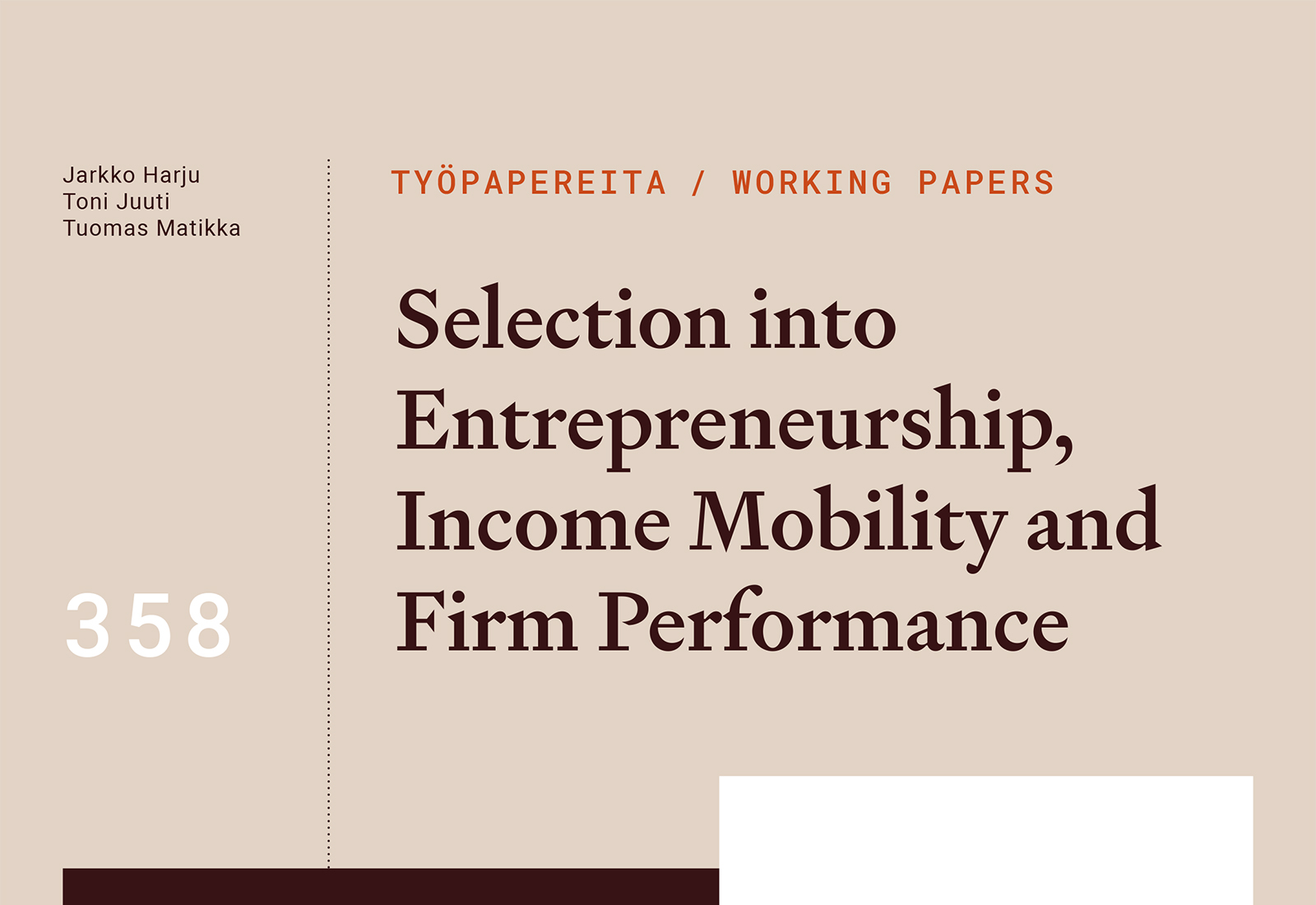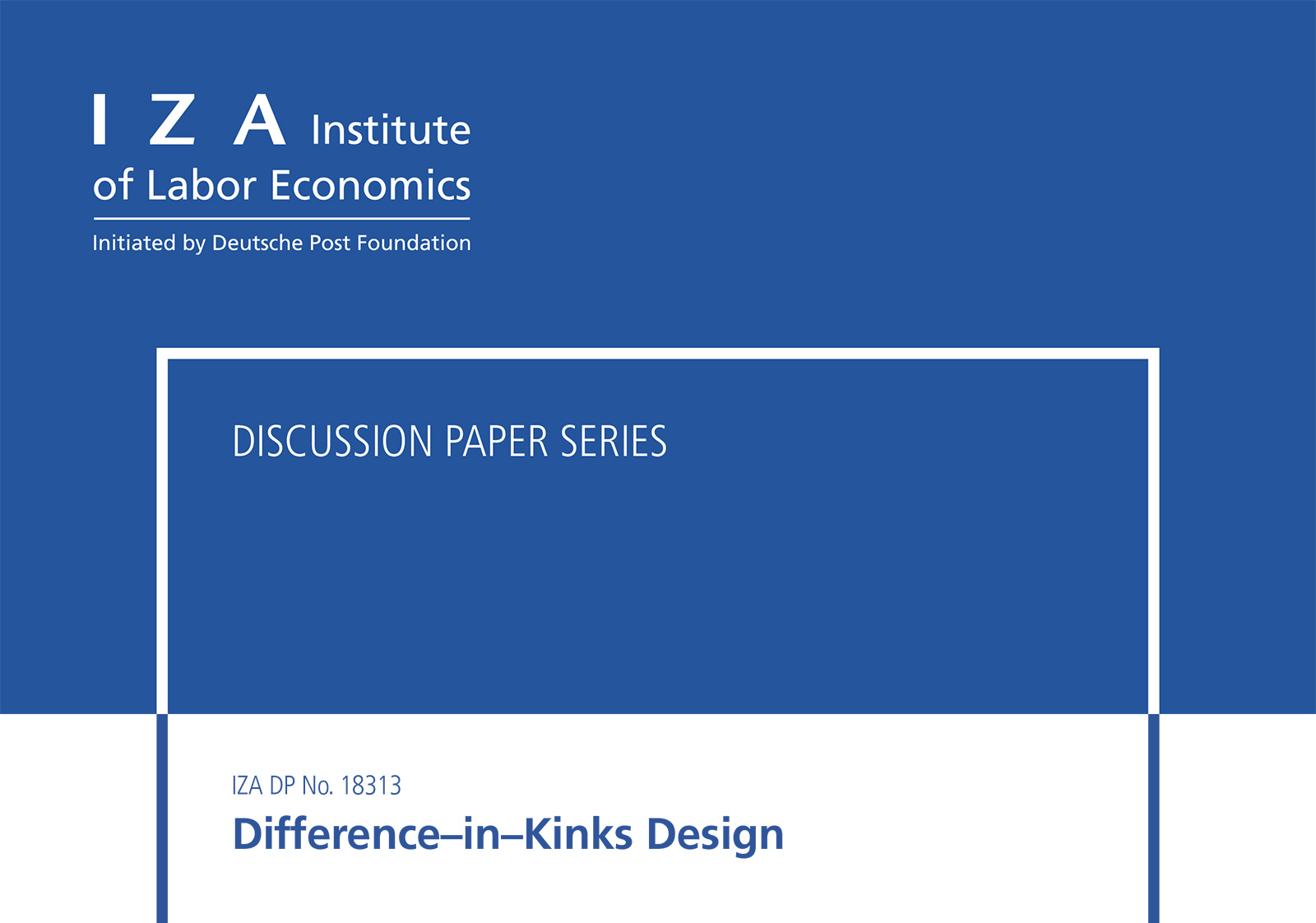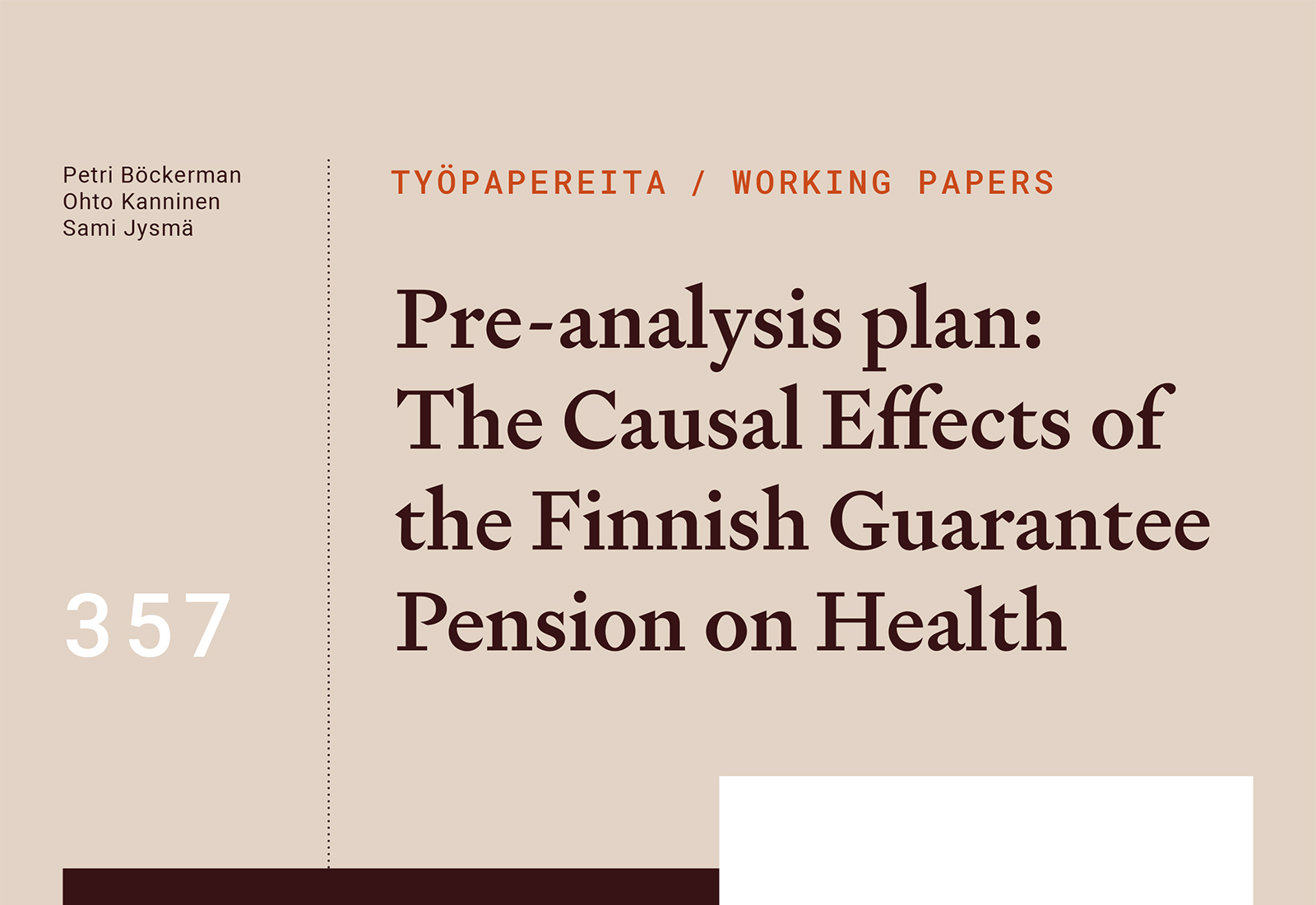Do household tax credits increase consumption? The role of demand elasticity and the extent of demand
Kasvattaako kotitalousvähennys kulutusta? Kysyntäjouston ja kysynnän laajuuden roolit
Tiivistelmä
Tämä tutkimus tarkastelee kotitalousvähennyksen vaikutuksia palvelukysyntään ja veronkiertoon. Kotitalousvähennys on verovähennys, jonka avulla kuluttajat voivat saada takaisin osan kotitalouspalvelujen, kuten remontti- ja siivoustöiden, työvoimakustannuksista. Tätä laajasti käytössä olevalla verovähennyksellä on pyritty lisäämään palveluiden kysyntää ja palvelusektorin työllisyyttä että vähentämään veronkiertoa. Analyysimme perustuu yritystason kuukausittaiseen arvonlisäveroraportointiin ja vuosittaisiin veroilmoituksiin. Tutkimme kotitalousvähennysjärjestelmän käyttöönottoa Ruotsissa siivouspalveluille heinäkuussa 2007 hyödyntäen difference-in-differences-menetelmää, jossa suomalaiset pienet palvelusektorin yritykset toimivat vertailuryhmänä. Tuloksemme osoittavat, että parhaimmillaankin kotitalousvähennysjärjestelmällä on vain hyvin rajallisia vaikutuksia siivoussektorin palvelukysyntään. Kontrafaktuaalianalyysimme viittaa siihen, että kysynnän hintajousto on alhainen ja että siivouspalveluja käyttävän väestön osuus voi olla pieni, mikä on tärkeää ottaa huomioon ex ante -politiikka-analyysissä. Lisäksi emme havaitse kotitalousvähennyksen olevan tehokas väline veronkierron vähentämiseksi. Kyselyaineistomme osoittaa, että kuluttajat ovat huonosti perillä kotitalousvähennyksen säännöistä, mikä on todennäköisesti yksi selitys verovähennyksen maltillisille vaikutuksille.
Julkaisun tiedot
Harju, J., Jysmä, S., Koivisto, A. & Kosonen, T. (2023), Do household tax credits increase consumption? The role of demand elasticity and the extent of demand, FIT working paper 8.
- JEL: H24, H25, H26, H31

- Sami Jysmä
- erikoistutkija
- Puh. +358-40 772 8768
- sami.jysma@labore.fi
- Tutkijaprofiili


